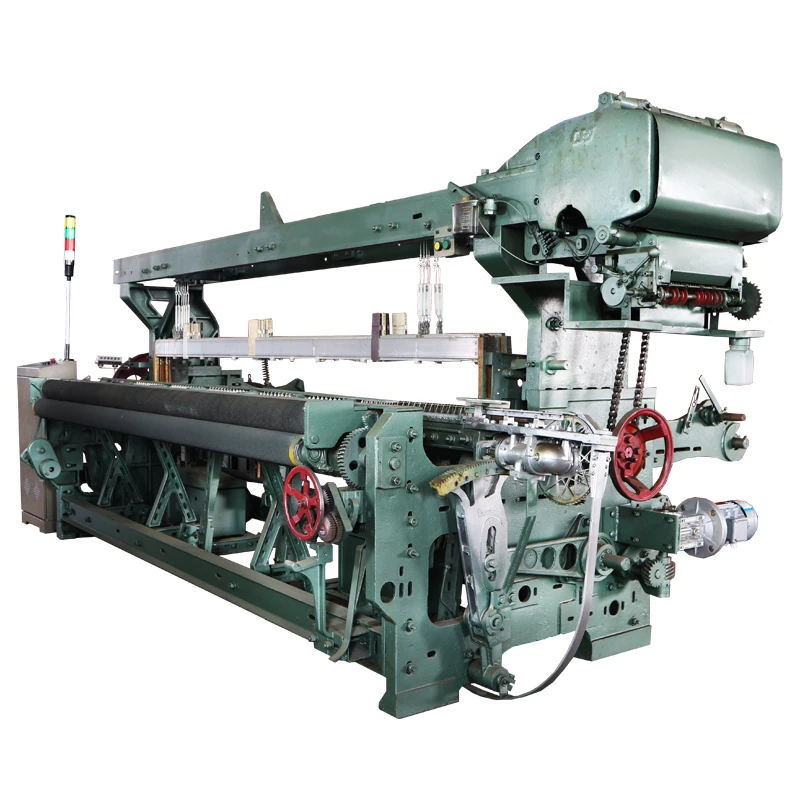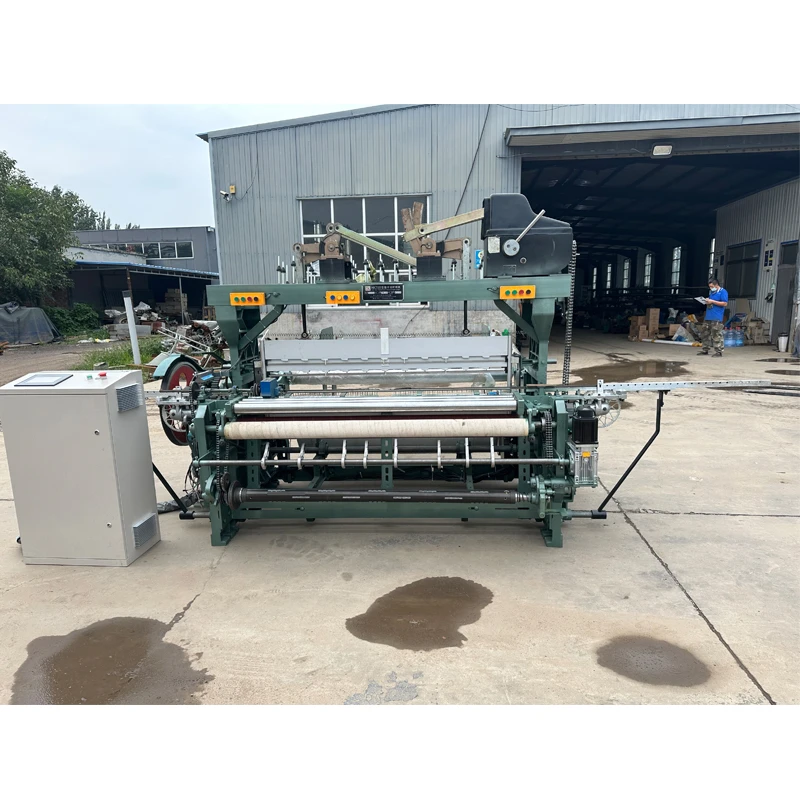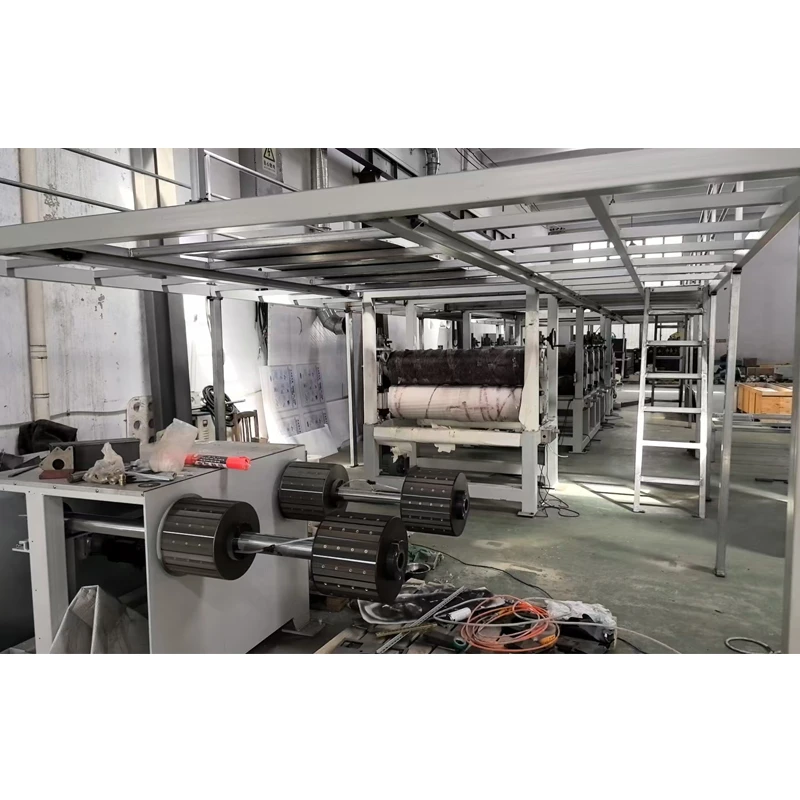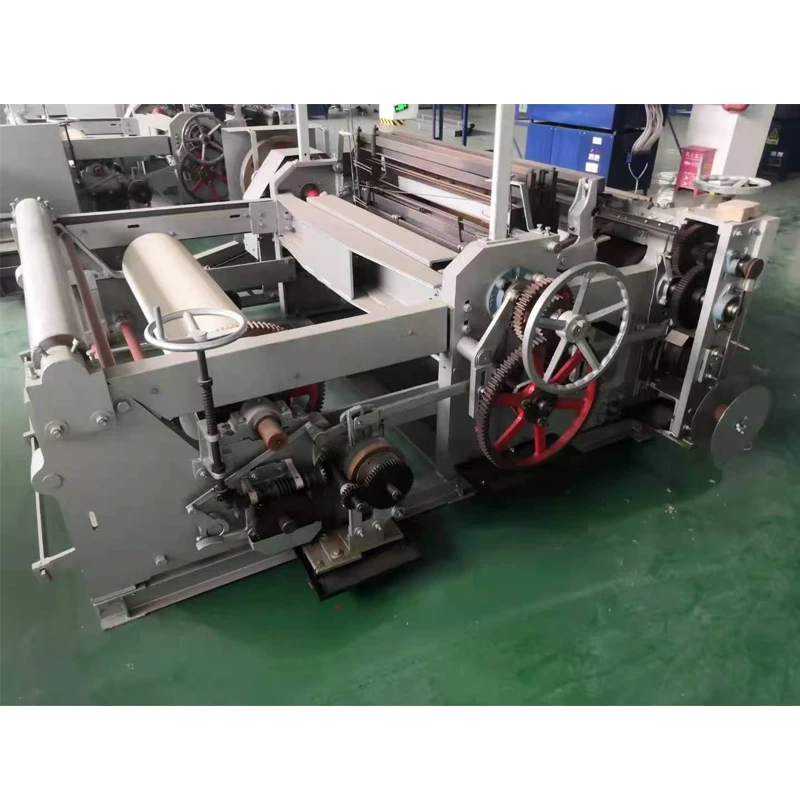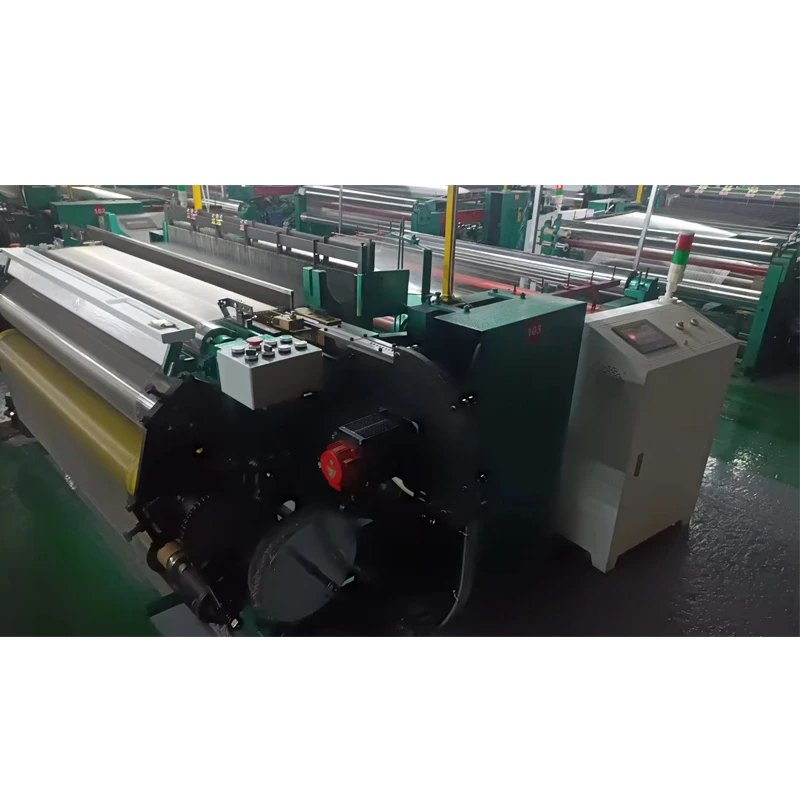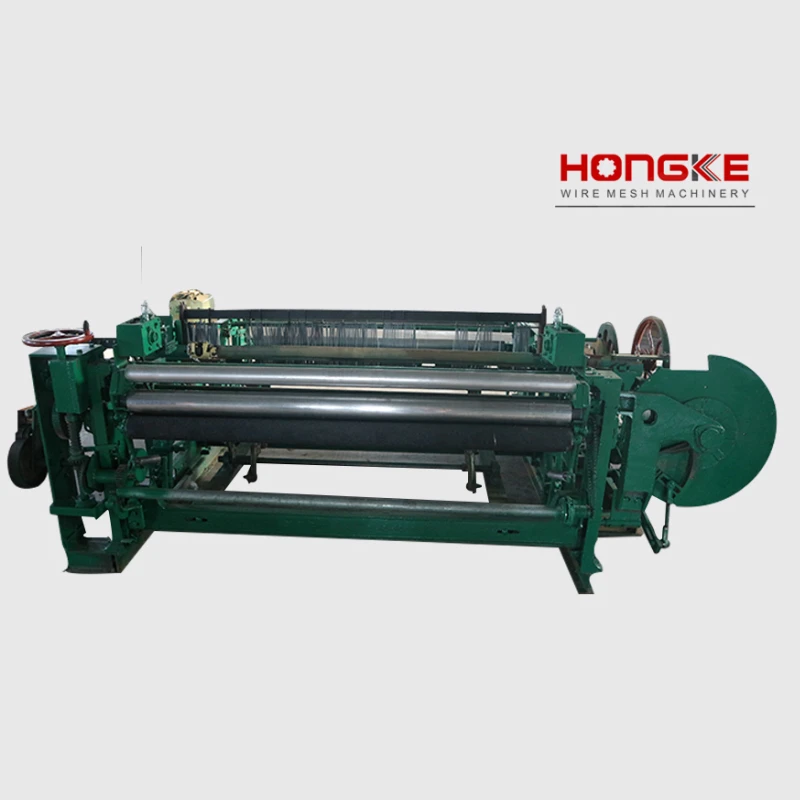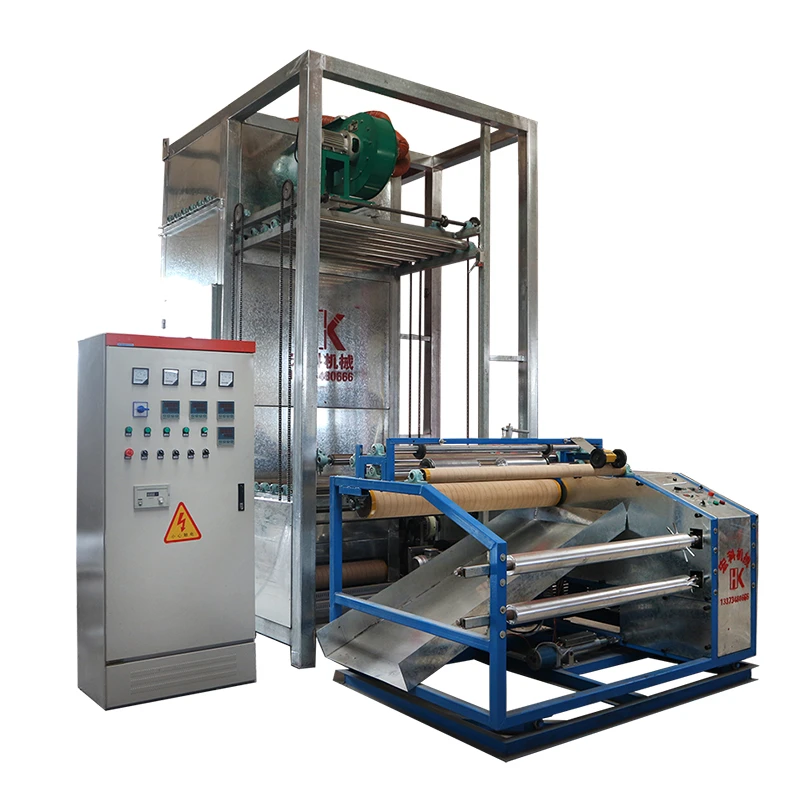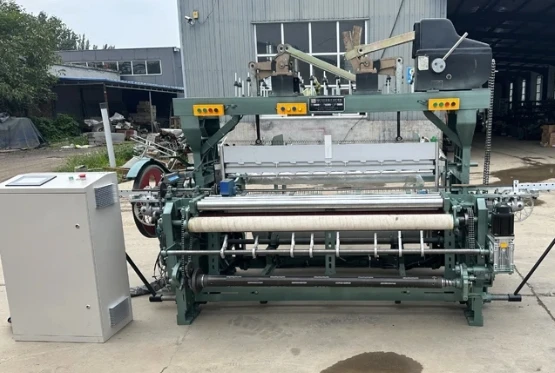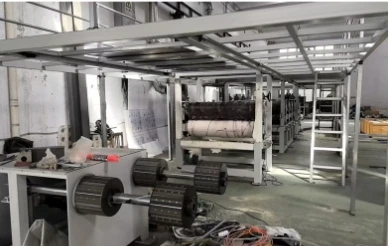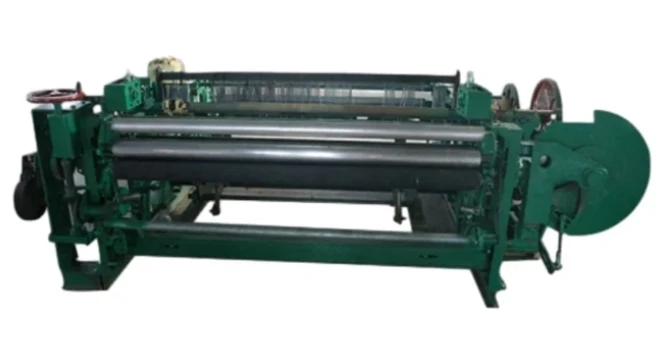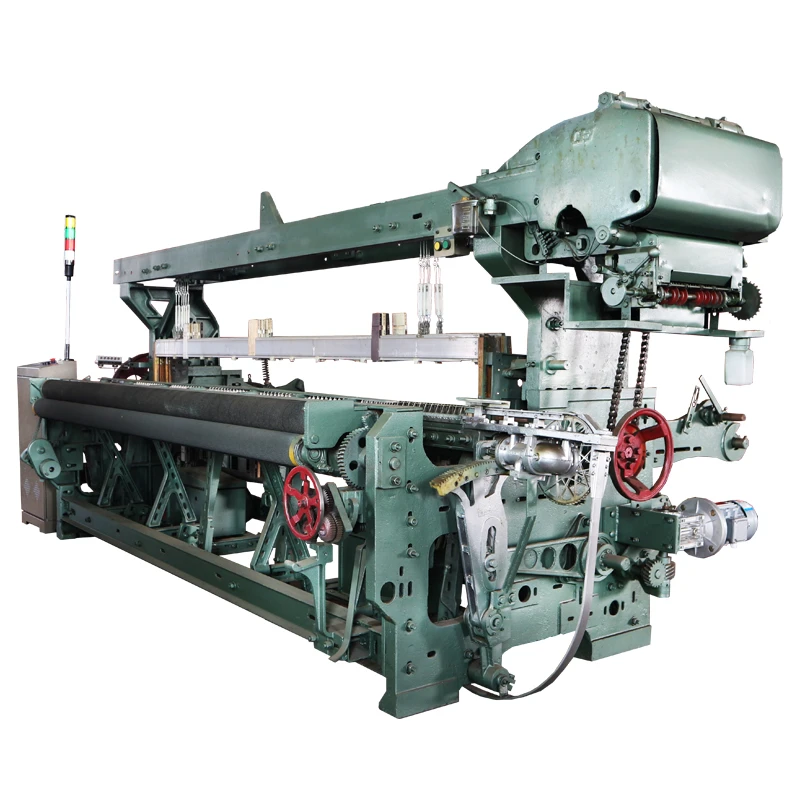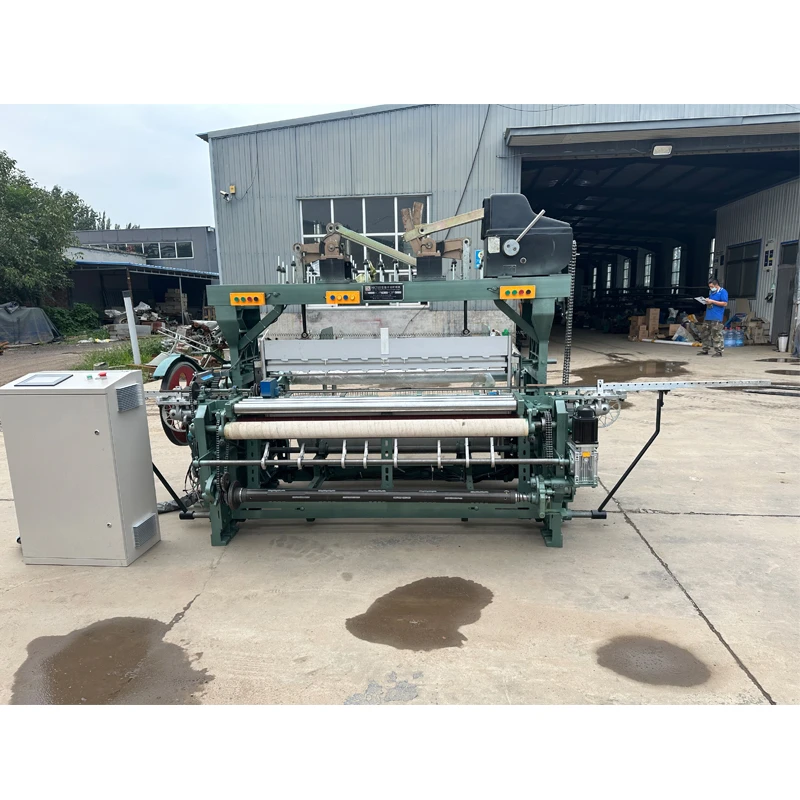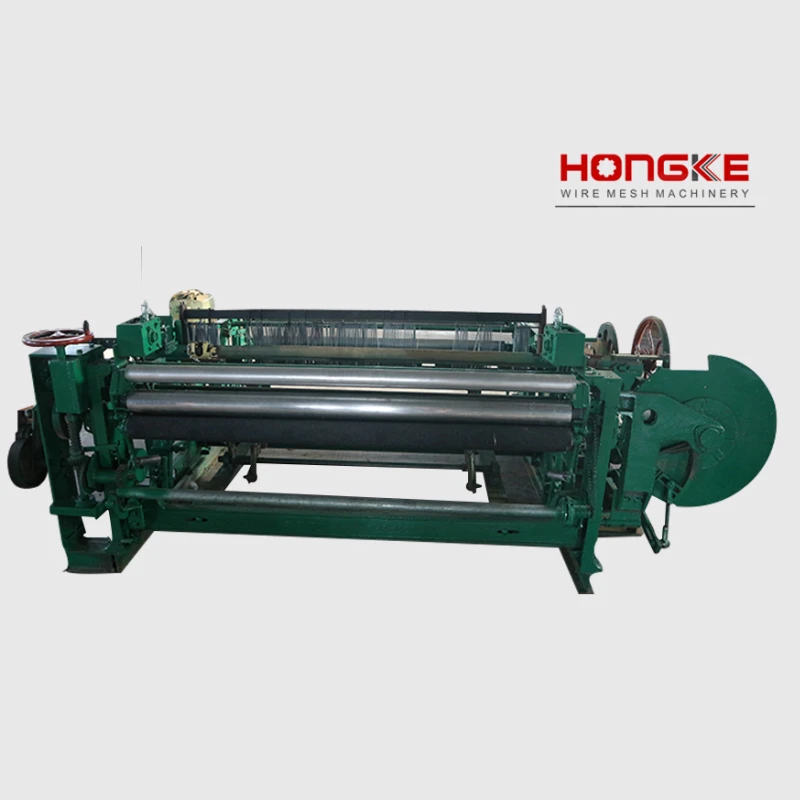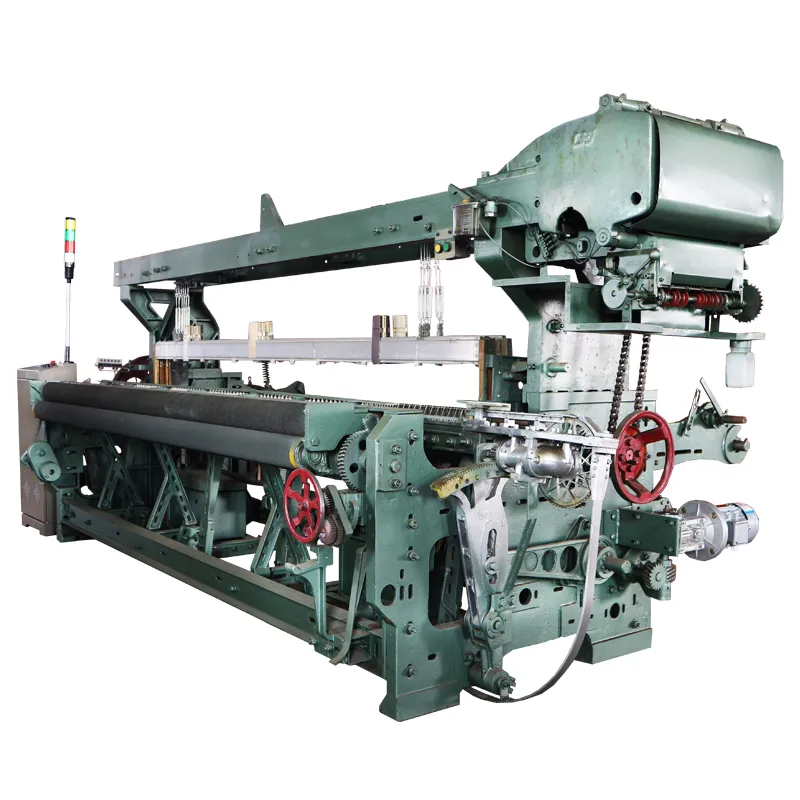
The Evolution and Impact of Advanced Coating Technologies in Fiberglass Textiles
In the rapidly evolving landscape of technical textiles and advanced composite materials, the role of specialized machinery in enhancing product performance and durability cannot be overstated. Central to this advancement, particularly within the realm of high-performance fiberglass products, is the sophisticated fiberglass yarn coating machine. This highly specialized equipment represents a pivotal innovation, transforming raw fiberglass yarns into highly functional, robust components crucial for a myriad of industrial applications. The demand for materials that offer superior tensile strength, thermal resistance, chemical inertness, and environmental longevity has surged, driving continuous research and development in coating technologies. Industries ranging from construction and aerospace to filtration and defense are increasingly reliant on coated fiberglass products for their critical infrastructure and high-stress environments. The precision and efficiency offered by modern coating machines ensure uniform application of polymers, resins, or other specialized compounds, which is essential for achieving the desired end-product characteristics. This foundational technology not only bolsters the mechanical properties of the yarn but also enables the integration of new functionalities such as UV resistance, flame retardancy, and anti-microbial protection, thereby opening new avenues for product development and market penetration. As global industrial standards become more stringent and the need for sustainable, long-lasting materials intensifies, the role of these coating machines will only become more pronounced. Furthermore, the burgeoning smart textiles market and the push towards lightweight yet strong materials for energy efficiency applications are significantly influencing the trajectory of this technology. The intricate dance between material science and mechanical engineering, epitomized by the fiberglass yarn coating machine, underscores its critical importance in shaping the future of industrial textiles. Understanding its operational intricacies, technological advantages, and diverse applications is paramount for B2B decision-makers aiming to optimize their production processes and deliver superior end-products. The market for industrial textiles, driven by advancements in `spinning and weaving machine` technology and a growing global infrastructure, continues to expand, with specialized products like fiberglass mosquito netting gaining significant traction due to increasing awareness of health and comfort in residential and commercial sectors. The manufacturing prowess provided by a dedicated `net machine manufacturer` that incorporates state-of-the-art coating solutions is invaluable for meeting this escalating demand. This deep dive will explore the critical aspects of this technology, providing insights into its operational excellence and strategic importance.
Unveiling the Sophisticated Process: Inside a Fiberglass Yarn Coating Machine
The core functionality of a fiberglass yarn coating machine lies in its ability to uniformly apply a protective or functional layer onto the delicate fiberglass strands, significantly enhancing their properties before they are processed by subsequent machinery like a `mosquito net weaving machine` or `fiberglass mesh machine`. The manufacturing process typically begins with the unwinding of large spools of raw fiberglass yarn, ensuring consistent tension control to prevent breakage or distortion. This yarn then passes through a meticulously designed cleaning and pre-treatment zone, where any impurities, sizing agents, or moisture are removed. This preparatory step is critical, as surface cleanliness directly impacts coating adhesion and uniformity, a principle well-understood in the `industrial weaving machine` sector where material purity is paramount. Following this, the yarn enters the coating application chamber, which can utilize various advanced methods such as dip coating, spray coating, or roller coating, depending on the desired coating thickness, viscosity of the material, and required precision. For instance, dip coating offers excellent saturation for porous materials, while precision spray or gravure roller coating is preferred for very thin, uniform layers, essential for intricate applications like those involving a `mosquito net knitting machine`. The coating material itself is often a specialized polymer emulsion, such as PVC, acrylic, or silicone, chosen for its specific properties—be it UV resistance, fire retardancy, or enhanced durability. After coating, the yarn proceeds into a curing or drying oven, where controlled temperature and humidity settings ensure the solvent evaporation and polymerization of the coating layer, bonding it securely to the fiberglass substrate. Modern machines incorporate multi-zone drying ovens with infrared or hot-air circulation to optimize drying efficiency and prevent thermal degradation of the yarn or coating. Post-curing, the yarn may undergo a cooling phase and then be guided through tensioning rollers before being wound onto take-up spools. Throughout this entire process, advanced sensors and control systems monitor critical parameters such as yarn tension, coating thickness, drying temperature, and line speed, ensuring consistent product quality. The material integrity of the machine components themselves is paramount: often constructed from high-grade stainless steel (e.g., SUS304 or SUS316) for corrosion resistance, especially in areas exposed to chemical coatings or high temperatures. Key mechanical parts, such as gears, bearings, and rollers, are frequently manufactured using precision CNC machining for exceptional dimensional accuracy and durability, ensuring a longer service life, often exceeding 15-20 years with proper maintenance. Quality control is maintained through rigorous inspection standards like ISO 9001 for manufacturing processes and ANSI/ASTM standards for material properties and performance. These machines are engineered for robust performance in demanding environments, making them suitable for a diverse array of industries including petrochemicals (for filtration media), metallurgy (for high-temperature insulation), and water supply and drainage (for reinforcing pipes and membranes). Their inherent design also offers significant advantages in typical application scenarios, such as energy savings due to optimized drying systems and exceptional corrosion resistance from the robust material choices, which translates directly into lower operational costs and reduced downtime for manufacturers utilizing, for example, a `mosquito net making machine`. This meticulous attention to detail at every stage of the fiberglass yarn coating machine's operation ensures the final product meets the highest performance and durability standards, critical for applications ranging from industrial filters to sophisticated `fiberglass mesh machine` products.

Technical Parameters and Performance Metrics of Fiberglass Yarn Coating Machines
Understanding the technical specifications of a fiberglass yarn coating machine is crucial for B2B procurement professionals and engineers to ensure optimal integration into existing production lines and to achieve desired product quality. Key parameters define the machine's capacity, precision, and operational efficiency. For instance, the maximum yarn width or number of yarn ends it can process simultaneously directly impacts throughput, with high-capacity models accommodating up to 50-100 ends for mass production. Line speed, typically measured in meters per minute (MPM), is another critical metric, often ranging from 20-100 MPM depending on the coating type and curing requirements. The coating thickness uniformity, expressed as a percentage deviation (e.g., ±1-2%), is paramount for consistent end-product performance and is achieved through sophisticated metering systems like precision doctor blades or gravure rollers. Power consumption, usually in kilowatts (kW), reflects the energy efficiency of the heating elements and motors, with modern machines employing energy-saving infrared or induction heating technologies to reduce operational costs. The temperature control range in the drying oven, often from 100°C to 300°C, must be highly accurate (e.g., ±2°C) to ensure proper curing without damaging the fiberglass, which makes these machines highly adaptable for various textile finishes. Machine dimensions and weight are important for factory layout and installation planning, while automation levels, from semi-automatic to fully integrated PLC-controlled systems, dictate the required operator intervention and overall production efficiency. Many advanced fiberglass yarn coating machine models come equipped with touch-screen HMIs (Human-Machine Interfaces) for intuitive control, real-time monitoring, and data logging, facilitating predictive maintenance and quality assurance. Furthermore, the type of coating material compatibility is a vital consideration; a versatile machine can handle a wide range of polymers, including PVC, PU, acrylic, silicone, and various fire-retardant or anti-fungal formulations, expanding its application scope across industries like those using `spinning and weaving machine` for specialized fabrics. The integration capabilities with upstream `industrial weaving machine` and downstream winding or cutting equipment are also significant for seamless manufacturing workflows. A robust framework, often constructed from heavy-gauge steel, provides stability and reduces vibration, contributing to coating precision and machine longevity. Environmental controls, such as fume extraction systems and waste management features, are increasingly important for compliance with health and safety regulations, particularly when dealing with volatile organic compounds (VOCs) from certain coating materials. The ability to handle various yarn deniers (e.g., from 300 to 2400 tex) ensures flexibility for different fiberglass product specifications, from fine meshes for `mosquito net knitting machine` to heavy-duty industrial fabrics. These comprehensive technical attributes collectively define the operational envelope and economic viability of a fiberglass yarn coating machine, making informed selection paramount for optimizing production and achieving superior product outcomes in high-volume textile manufacturing, including for `mosquito net making machine` lines.
Typical Fiberglass Yarn Coating Machine Parameters
Diverse Applications and Unparalleled Advantages in Industrial Sectors
The versatility of products manufactured using a fiberglass yarn coating machine is astounding, spanning a multitude of industrial sectors where durability, performance, and specific functional attributes are non-negotiable. One prominent application is in the production of fiberglass mosquito netting, a crucial product for public health and comfort, where the coated yarn provides enhanced UV resistance, weatherability, and dimensional stability for `mosquito net weaving machine` output. This results in nets that resist degradation from sunlight and humidity, maintaining their structural integrity and protective qualities over extended periods, a key advantage for any `mosquito net making machine net machine manufacturer`. Beyond consumer-facing products, these coated yarns are indispensable in the manufacturing of `fiberglass mesh machine` products, which serve as reinforcing elements in construction materials like stucco, exterior insulation finishing systems (EIFS), and concrete, significantly improving crack resistance and structural longevity. In the filtration industry, coated fiberglass yarns are transformed into high-efficiency filter media for air, liquid, and chemical processing, exhibiting superior chemical inertness and thermal stability compared to conventional materials, making them suitable for aggressive environments in petrochemical plants. For the energy sector, particularly in the production of wind turbine blades or insulation for high-temperature pipelines, the excellent thermal resistance and mechanical properties imparted by the coating process are critical. The chemical industry benefits from corrosion-resistant fiberglass components, used in storage tanks, pipes, and ducts, where traditional metallic structures would rapidly corrode. The inherent advantages of utilizing a fiberglass yarn coating machine are multifaceted: firstly, superior product performance is achieved through enhanced tensile strength, abrasion resistance, and dimensional stability, leading to longer product lifespans and reduced replacement costs for end-users. Secondly, the ability to apply specialized coatings confers properties such as flame retardancy, crucial for safety standards in public buildings and transportation, and anti-microbial properties, vital for healthcare and food processing applications. Thirdly, operational efficiency is greatly improved due to the high precision and automation levels of modern machines, minimizing material waste and optimizing production cycles. Furthermore, these machines are designed for robust operation, capable of continuous duty in challenging environments, and feature advanced diagnostics that reduce downtime and maintenance costs. The energy-saving benefits are particularly notable; contemporary drying ovens often utilize sophisticated heat recovery systems or highly efficient infrared heaters, reducing electricity consumption by up to 30% compared to older models, aligning with global sustainability initiatives. The exceptional corrosion resistance of the machine's internal components, typically made from high-grade stainless steel, ensures longevity and consistent performance, even when processing corrosive coating agents, which directly translates to lower capital expenditure over the machine's lifecycle and unwavering quality from `net machine manufacturer` outputs.
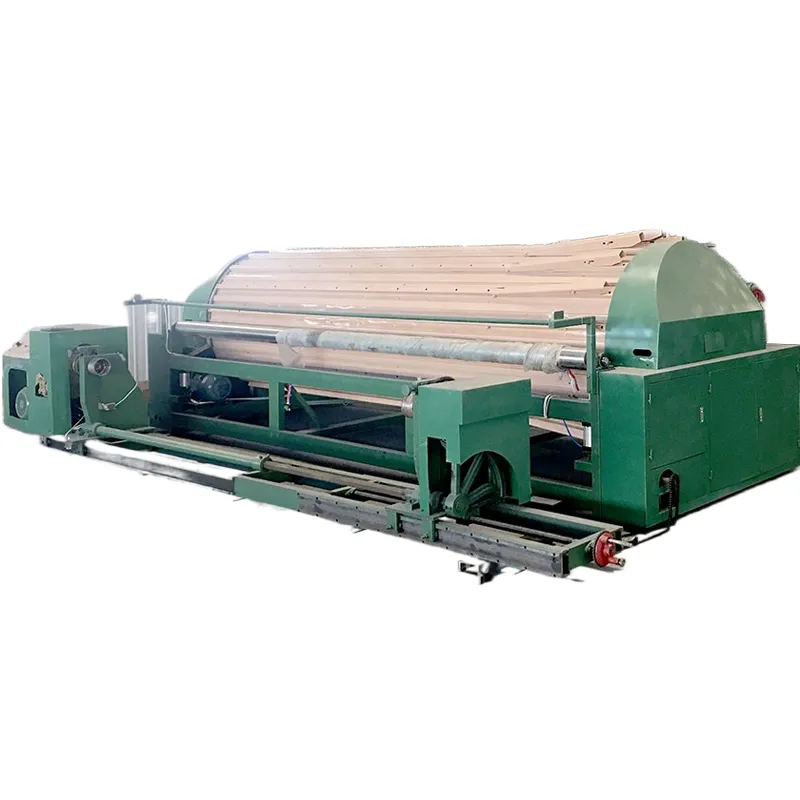
Strategic Manufacturer Comparison and Tailored Customization Solutions
When selecting a fiberglass yarn coating machine, discerning the capabilities and offerings of various manufacturers is paramount for long-term operational success. While many suppliers exist, key differentiators often lie in technological innovation, quality of components, after-sales support, and the ability to provide customized solutions. Leading manufacturers, such as APHK Machinery (whose Fiberglass Mosquito Net Machine is a prime example of their expertise in this domain), distinguish themselves by integrating advanced control systems, ensuring precise tension management, and offering versatile coating application methods. Some manufacturers may specialize in high-volume, standard machines, while others focus on bespoke solutions for niche applications, for instance, a `spinning and weaving machine` that requires highly specialized yarn preparations. A critical aspect of manufacturer comparison involves evaluating the machine's component quality; for example, do they use globally recognized brands for PLC controllers (e.g., Siemens, Allen-Bradley), motors (e.g., SEW Eurodrive), or heating elements (e.g., Omega)? The use of high-quality, internationally sourced components often signifies greater reliability and easier access to spare parts, reducing potential downtime. Furthermore, assessing a manufacturer's R&D capabilities, particularly in developing energy-efficient drying systems or new coating technologies, can provide a competitive edge. For example, some innovative fiberglass yarn coating machine models now incorporate UV curing, offering faster processing times and reduced energy consumption for specific coating types. Beyond hardware, the level of technical support, including installation, commissioning, operator training, and ongoing maintenance services, is a crucial consideration. A reputable `net machine manufacturer` will typically offer comprehensive support packages, including remote diagnostics and rapid spare part delivery. For companies with unique production requirements, the availability of tailored customization solutions is invaluable. This could involve modifications to machine dimensions to fit specific factory layouts, integration with existing `industrial weaving machine` lines, specialized coating material handling systems for unusual chemicals, or bespoke control software for complex process parameters. For instance, a client producing flame-retardant `fiberglass mesh machine` might require a coating system capable of handling high-viscosity intumescent coatings, necessitating a custom pump and applicator design. Similarly, a producer of ultra-fine `mosquito net knitting machine` textiles might need ultra-precise tension control and micro-coating capabilities. A manufacturer's willingness and proven track record in collaborating on such custom projects, providing engineering consultations, and executing successful modifications, speaks volumes about their commitment to client success. This bespoke approach ensures that the fiberglass yarn coating machine perfectly aligns with the specific operational demands and strategic goals of the purchasing enterprise, guaranteeing maximum return on investment and facilitating future expansion, a level of detail that significantly influences the output quality of a `mosquito net making machine`.
Manufacturer Comparison: Key Differentiators
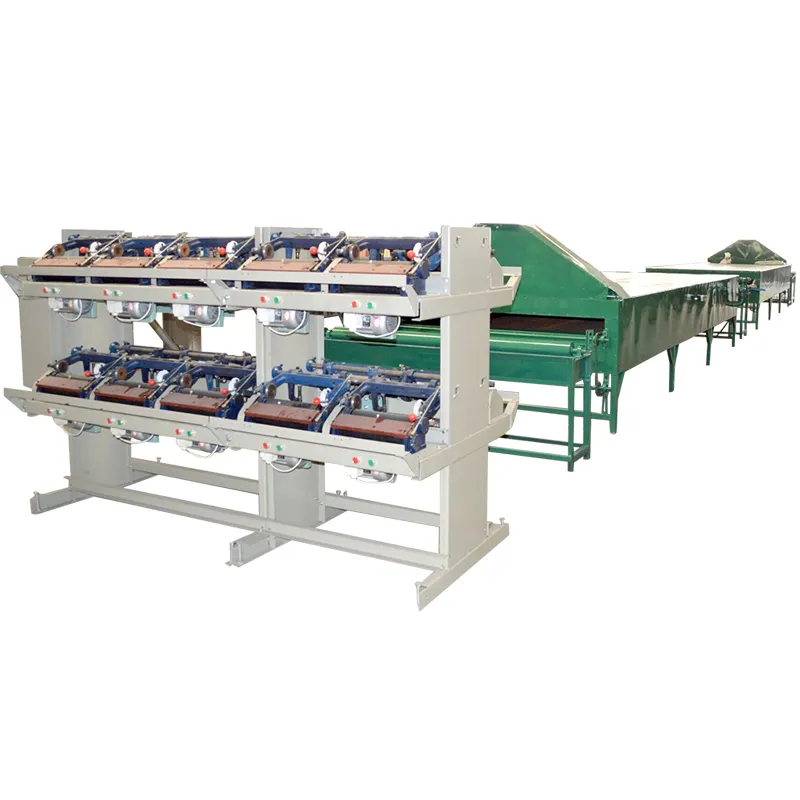
Real-World Application Cases and Demonstrating Expertise in the Field
The practical utility and transformative impact of a fiberglass yarn coating machine are best illustrated through real-world application cases and successful client deployments, showcasing both expertise and experience. Consider a leading textile manufacturer in Southeast Asia specializing in high-performance outdoor fabrics. Faced with increasing demand for durable, weather-resistant mosquito netting, they invested in a state-of-the-art fiberglass yarn coating machine from a reputable `net machine manufacturer`. Prior to this acquisition, their traditional `mosquito net making machine` produced nets with limited UV stability and a shorter lifespan, leading to frequent customer complaints. Post-installation, the new coating machine allowed them to apply a proprietary UV-stabilized PVC coating onto their fiberglass yarns. This strategic upgrade resulted in a 40% increase in the UV resistance of their finished mosquito nets, extending the product lifespan by an average of three years in harsh tropical climates. This not only significantly reduced warranty claims but also enabled them to capture a larger share of the premium outdoor netting market. Another compelling case involves a major European composites producer who needed to enhance the chemical resistance of fiberglass reinforcement used in industrial filtration systems for the petrochemical industry. Their existing `industrial weaving machine` output was limited by the raw yarn's vulnerability to corrosive agents. By integrating a specialized fiberglass yarn coating machine capable of applying fluoropolymer coatings, they developed a new line of chemically inert fiberglass mesh. This innovation allowed them to serve new markets requiring filtration in highly acidic or alkaline environments, previously inaccessible to them. The precision coating minimized material consumption and ensured uniform distribution of the expensive fluoropolymer, leading to a 25% reduction in material waste and an overall improvement in product consistency, thereby demonstrating their deep understanding of material science and application. Furthermore, in the construction sector, a Chinese building materials company adopted a fiberglass yarn coating machine to pre-coat yarns for their `fiberglass mesh machine` used in crack-resistant plastering systems. The challenge was to achieve optimal adhesion between the fiberglass and plaster, while also ensuring flexibility. The customized coating solution, applied by the fiberglass yarn coating machine, resulted in a 15% improvement in mesh-to-plaster bond strength and enhanced flexibility, significantly reducing plaster cracking on large construction projects. These tangible results, backed by ISO 9001 certifications of the manufacturing process and client satisfaction surveys, underscore the authoritative position of manufacturers providing such advanced machinery. The extensive service history, spanning decades of operation and continuous technological upgrades, further solidifies the trust placed by global enterprises in these critical pieces of industrial equipment. Each successful deployment is a testament to the machine's robust engineering, adaptability, and the profound impact it has on elevating product quality and opening new market opportunities for `spinning and weaving machine` operators.
Ensuring Trustworthiness: FAQs, Delivery, Warranty, and Customer Support
Establishing trustworthiness is paramount for B2B transactions involving high-value capital equipment like a fiberglass yarn coating machine. Prospective buyers need clear, transparent information regarding all aspects of the purchase and post-purchase support. This often begins with addressing common inquiries through a comprehensive FAQ section. For example, frequently asked questions might include: "What types of fiberglass yarn can this machine process?", "What is the typical lead time for delivery?", "Is installation and training included?", or "What are the long-term maintenance requirements?". Providing precise answers, backed by technical specifications and service agreements, builds confidence. For a fiberglass yarn coating machine, which is often integrated into a larger `spinning and weaving machine` or `mosquito net weaving machine` production line, delivery schedules are critical. A transparent delivery cycle, typically ranging from 60 to 120 working days depending on customization levels and component sourcing, is communicated upfront. This includes manufacturing, quality control, packaging, and logistics. Reputable `net machine manufacturer`s often utilize advanced project management tools to track progress and provide real-time updates to clients, ensuring adherence to agreed timelines. Beyond delivery, robust warranty commitments are a cornerstone of trustworthiness. A standard warranty for a fiberglass yarn coating machine usually covers 12 to 24 months for mechanical and electrical components, with extensions available. This warranty should explicitly cover manufacturing defects and provide clear protocols for parts replacement and technical assistance. Customer support is equally vital. This encompasses a multi-tiered approach, starting with immediate remote technical assistance via phone, email, or video conferencing to troubleshoot minor issues. For more complex problems, on-site engineer visits may be dispatched within a specified timeframe, demonstrating commitment to operational continuity. Comprehensive training programs for client operators and maintenance staff are essential to ensure the efficient and safe operation of the fiberglass yarn coating machine. This training typically covers machine operation, routine maintenance, troubleshooting, and basic repairs, empowering the client's team and reducing reliance on external support. Furthermore, access to a readily available supply of spare parts, often guaranteed for the machine's lifespan (e.g., 15-20 years), minimizes downtime and operational interruptions. Companies that offer proactive maintenance contracts, preventative checks, and performance optimization services further reinforce their commitment to client success and the longevity of their `fiberglass mesh machine` or `mosquito net making machine` investments. Regular software updates for PLC systems and HMI interfaces can also ensure the machine remains at the forefront of technological efficiency and performance, cementing a long-term, trust-based relationship. This holistic approach to support guarantees that the investment in a fiberglass yarn coating machine continues to yield optimal performance throughout its extensive operational life.
Frequently Asked Questions (FAQs)
Q: What is the primary advantage of coated fiberglass yarn over uncoated yarn?
A: Coated fiberglass yarn offers significantly enhanced durability, including improved abrasion resistance, UV stability, chemical resistance, and often specific functionalities like flame retardancy or anti-microbial properties. This extends the lifespan and expands the application range of the final product, such as `Fiberglass Mosquito Net Machine` output, far beyond what uncoated yarn can achieve.
Q: How does the Fiberglass Yarn Coating Machine ensure uniform coating thickness?
A: Modern fiberglass yarn coating machines utilize precision coating heads (e.g., gravure rollers, doctor blades) coupled with sophisticated tension control systems and real-time thickness sensors. PLC-controlled servo motors precisely adjust the gap or pressure, ensuring highly consistent and uniform coating application across all yarn ends, crucial for consistent performance of products from a `mosquito net making machine`.
Q: What is the typical maintenance schedule for a Fiberglass Yarn Coating Machine?
A: Routine daily checks include cleaning coating residues and inspecting rollers. Weekly maintenance involves lubrication and system checks. Quarterly or semi-annual maintenance includes deeper cleaning, inspection of heating elements, and calibration of sensors. Annual overhauls are recommended for comprehensive inspection of mechanical and electrical components to ensure optimal performance and longevity for the `industrial weaving machine` support.
Q: Can the machine handle different types of coating materials?
A: Yes, a versatile fiberglass yarn coating machine is designed to be compatible with a broad range of coating materials, including PVC, acrylic, silicone, polyurethane, and various specialized resin systems. This flexibility is achieved through adaptable pump systems, interchangeable coating heads, and precise temperature controls in the drying ovens, making it ideal for diverse `fiberglass mesh machine` applications.
Conclusion: The Indispensable Role of Advanced Coating Technology
The fiberglass yarn coating machine stands as a testament to the continuous innovation driving the technical textiles industry. Its indispensable role in transforming raw fiberglass yarn into high-performance, application-specific materials is undeniable. From enhancing the durability of `Fiberglass Mosquito Net Machine` products to bolstering the structural integrity of composite materials used in aerospace and construction, the precision and versatility of these machines are critical. The meticulous engineering, robust material selection, and sophisticated control systems employed in modern fiberglass yarn coating machines ensure unparalleled quality, efficiency, and longevity. The advantages, spanning from superior product performance and energy efficiency to environmental compliance, make the investment in such advanced machinery a strategic imperative for any enterprise aiming for leadership in its respective market. As industries continue to demand materials with increasingly specialized properties, the capacity for manufacturers to offer customized coating solutions, coupled with comprehensive after-sales support, becomes a key differentiator. The symbiotic relationship between cutting-edge coating technology and subsequent processes like those involving a `spinning and weaving machine` or `industrial weaving machine` is reshaping manufacturing paradigms, pushing the boundaries of what is possible in material science. The future of industrial textiles, characterized by smart materials, sustainable production, and hyper-specialized applications, will undoubtedly be built upon the foundational capabilities provided by advanced fiberglass yarn coating machines. Businesses that recognize this critical nexus and strategically invest in these technologies will be best positioned to meet evolving market demands, innovate new products, and maintain a competitive edge in a rapidly accelerating global economy. The ongoing research and development into new coating compounds and application techniques promise even greater breakthroughs, further cementing the status of these machines as essential assets in the modern industrial landscape. This continuous evolution reinforces the vital role played by manufacturers in supplying sophisticated equipment for a wide array of textile production, including that of the `mosquito net knitting machine` and specialized `fiberglass mesh machine` products.
References & Further Reading
- "Advanced Coating Technologies for Technical Textiles" - ScienceDirect, Woodhead Publishing Series in Textiles.
- "Coating and Laminating Technologies in Textiles" - Textile World Magazine.
- "Polymer Coating of Glass Fibers for Composite Reinforcement" - ResearchGate.
- ASTM International Standards (relevant to fiberglass and coatings).
- ISO 9001 Quality Management Systems - International Organization for Standardization.

Pervious








